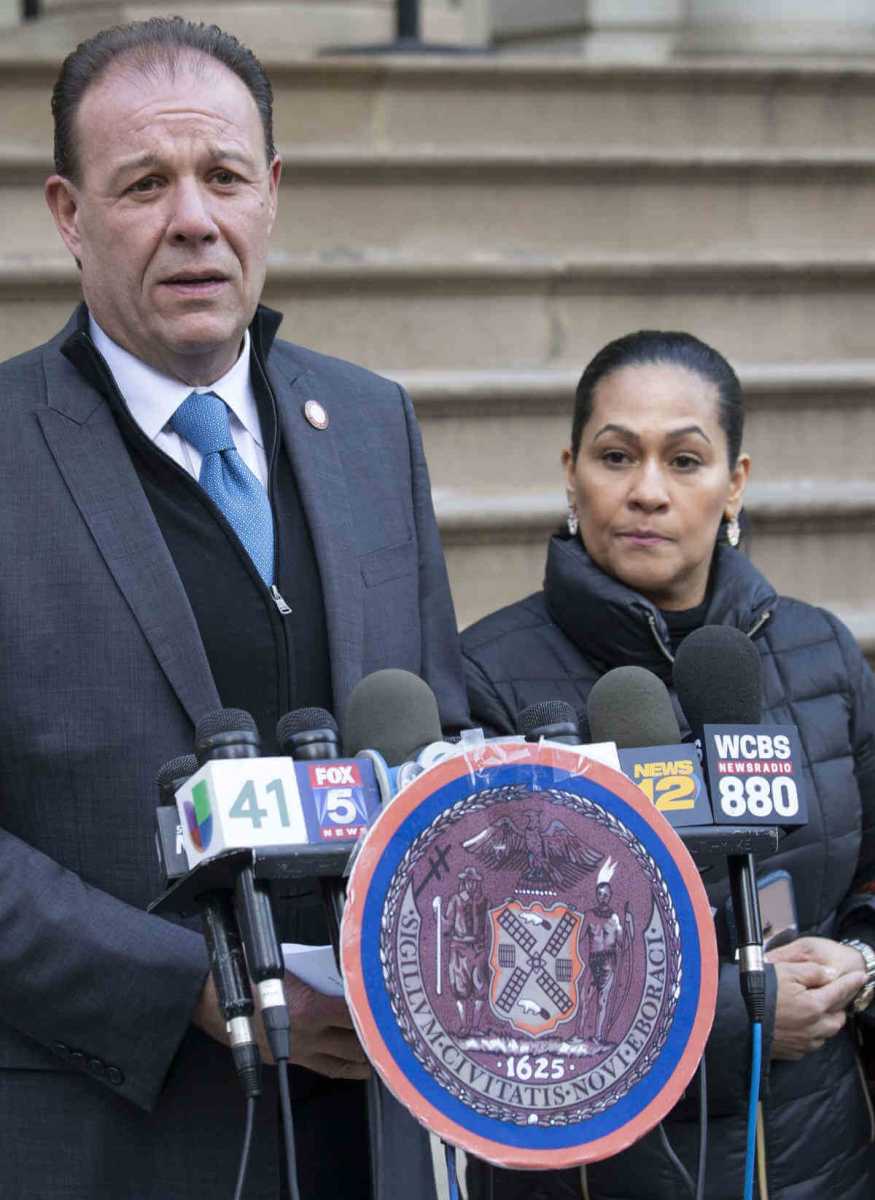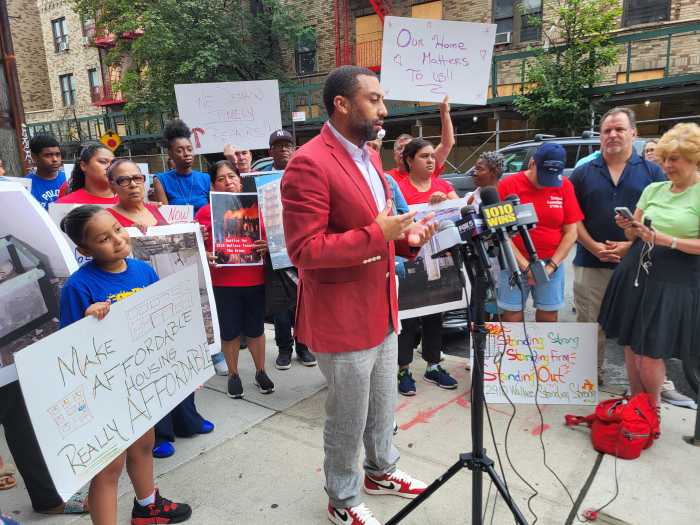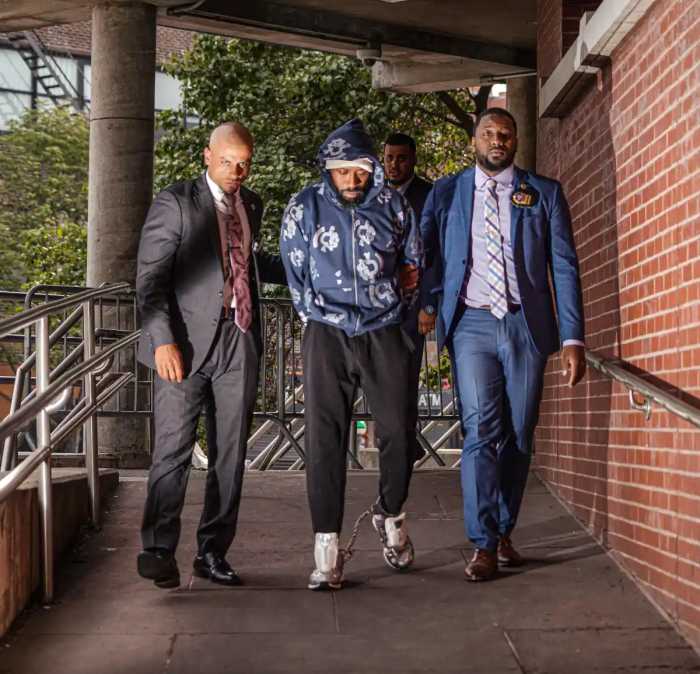Councilman Mark Gjonaj introduced legislation last week that would hopefully prevent further tragedies like Lesando ‘Junior’ Guzman’s occurring again.
From Friday, November 13, Gjonaj announced a pilot program, titled ‘Junior’s Law,’ which would reimburse small businesses for the cost of purchasing and installing a panic button that would notify the police department in case of emergency.
In June 2018, 15-year-old Lesandro ‘Junior’ Guzman-Feliz was brutally killed outside of a bodega at the corner of East 183rd Street and Bathgate Avenue. He tried to hide in the store, but gang members ran in and dragged him outside.
Leandra Feliz, mother of Lesandro Guzman-Feliz, fully backed the councilman’s measure.
“My son’s murder was a senseless act of violence that should have never happened,” Feliz said. “To me, it is important that all of us do whatever we can to protect innocent people. I believe that this program will help to keep people safe by giving storeowners the ability to call for help during a dangerous situation. I think this could save lives.”
In order for a business to be eligible for the program it must operate seven days a week and 24 hours a day, have a store front entry, employ less than 10 employees and it must be located in a pilot area.
The hope is this makes businesses and communities feel safer.
“First, I want to thank Leandra for being such a tireless advocate for victims,” the councilman remarked. “I believe that Junior’s Law will go a long way in helping to keep members of the community and business owners safe by providing an easily accessible way to alert the authorities that a dangerous situation is in progress. This is especially true for bodegas, which tend to be cash-based businesses that are often open throughout the night with a limited number of employees.”
Fernando Mateo, spokesman for the United Bodegas of America, said the bill would be a step in the right direction, but more is needed.
According to Mateo, bodegas and small businesses should have a button under the counter that locks the doors automatically if the employee feels there is a dangerous situation and there should be surveillance cameras outside.
He noted that small businesses and bodegas are often overlooked when it comes to safety. If they were funded or treated like Facebook, Amazon or big companies, things would be vastly different, he said.
“We definitely support it (the bill),” Mateo told the Bronx Times. “Small business owners in the city, most of the time they pay with their lives. It’s a nice gesture from the city and the councilman.”
Since Junior’s killing, United Bodegas of America implemented safe bodegas with the NYPD.
It is a multi-step program that would equip bodegas with panic buttons, shatterproof glass and other measures that could prevent an attack from continuing and essentially save an innocent life.
Each installation costs between $3,000 and $4,000.
One feature that the Safe Haven Bodega Program offers is that it gives the NYPD the ability to monitor its security cameras in real time.




















